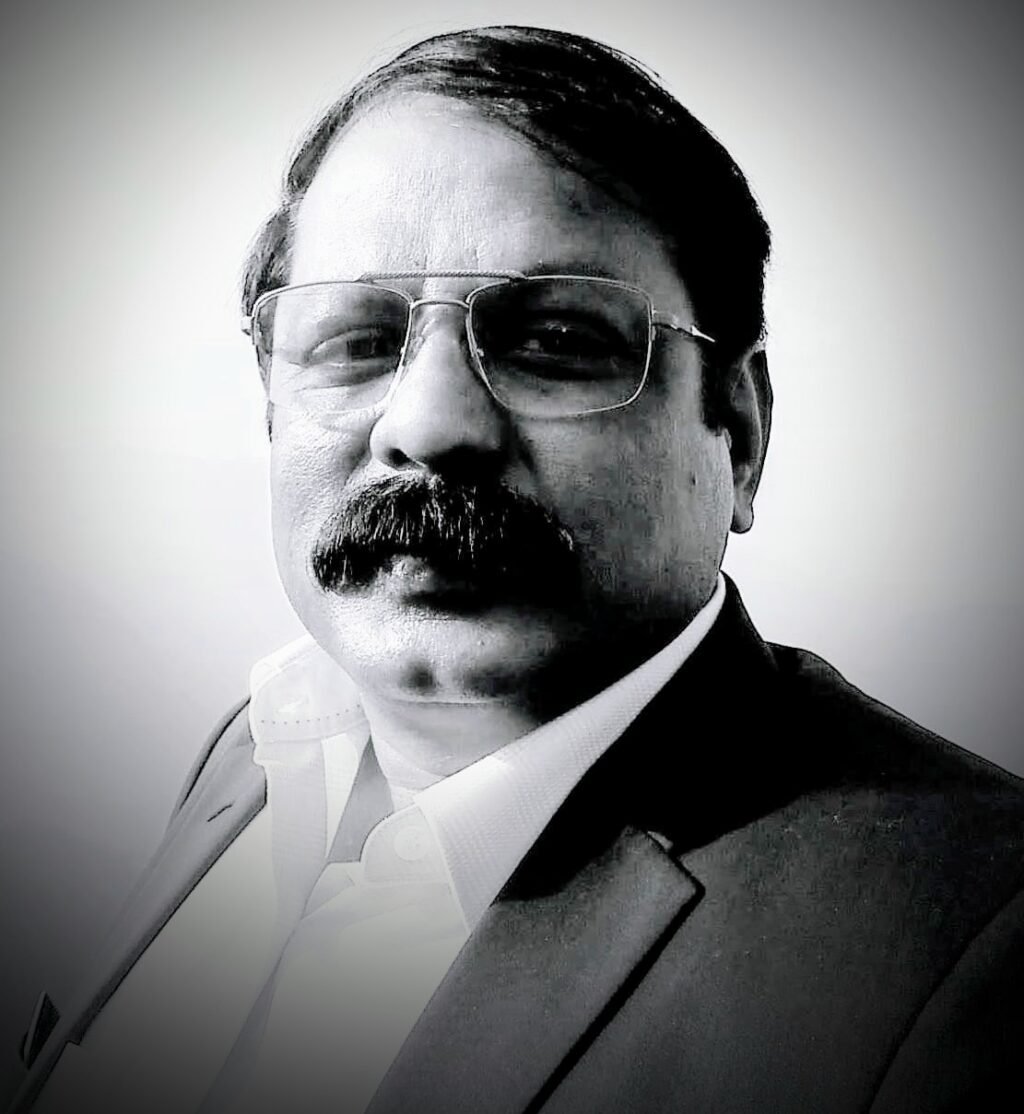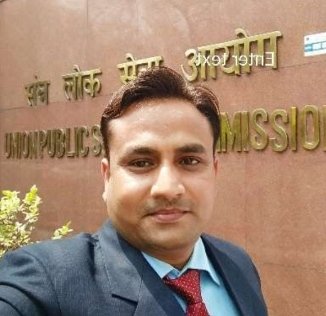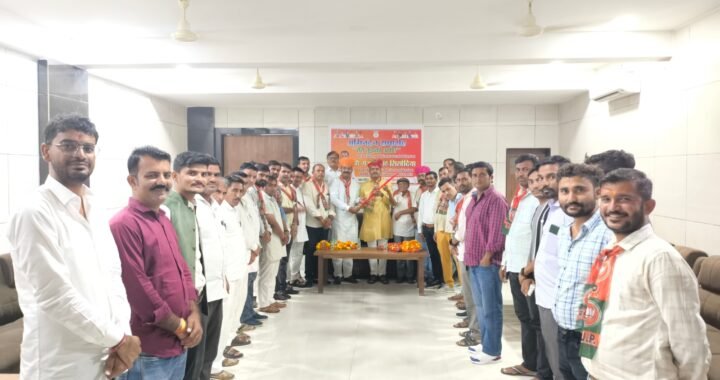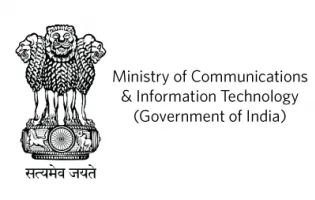PREROGATIVES OF THE SENIOR CITIZENS-DHRUVA KUMAR.

|
😊 Please Share This News 😊
|

New delhi-BHARAT, Unlike many other developed nations, recognizes the importance of safeguarding the rights and well-being of its senior citizens by virtue of its embedded social fabrics, traditions, ethics, values & morality but due to gradual erosion of ethical principles, values & social norms we need to re-look the entire issue in the existing social framework where conscientious elders are required nationwide.With a growing elderly population, the Indian government has implemented various policies and laws to ensure that the elderly are treated with dignity, respect, and are provided with the necessary support for a comfortable and secure life.Here’s a detailed exploration of the rights of senior citizens in India:(1) Constitutional Provisions and Legislative Rights of Senior Citizens in Bharat( India)The Constitution of India serves as the supreme law of the land, embodying the principles and values that guide the nation. In recognising the rights of senior citizens in India, including senior citizens, several constitutional provisions and legislative measures have been put in place to ensure their well-being and protection. (2) Constitutional Provisions on Rights of Senior Citizens in India Under Part IV of the Constitution, which outlines the Directive Principles of State Policy (DPSP), specific provisions emphasise the state’s responsibility to protect and promote the rights of its citizens, including senior citizens.(3) Article 41,This article directs the state to make effective provisions for securing the right to work and public assistance in certain cases. It explicitly includes a focus on the elderly, recognising the need for social and economic support for senior citizens.(4) Article 46,Article 46 directs the state to promote the educational and economic interests of the weaker sections, which encompasses senior citizens facing economic challenges. This provision underscores the government’s commitment to protecting the economic well-being of vulnerable groups.While the “DPSP” provides important guidelines, it’s crucial to note that these principles are not enforceable in a court of law. Nevertheless, they serve as a moral compass for the government in its policy-making and implementation processes.(5) Legislations on Rights of Senior Citizens in India,In addition to constitutional directives, various legislations have been enacted to translate these principles into actionable rights for senior citizens.(6) Maintenance and Welfare of Parents and Senior Citizens Act, 2007.This legislation is a significant step in recognising and protecting the rights of senior citizens. It not only establishes the legal right of senior citizens to claim maintenance but also addresses issues related to their welfare and protection.The Maintenance and Welfare of Parents and Senior Citizens Act, 2007, is a comprehensive legal framework addressing the needs of senior citizens.  It empowers childless senior citizens to claim maintenance from relatives possessing or set to inherit their property. State-mandated tribunals expedite maintenance cases, with a capped monthly allowance of ₹10,000. Provisions include imprisonment for default, appeals to appellate tribunals within 60 days, summary proceedings, and restrictions on legal practitioners to reduce costs.(7) The Act emphasises establishing old-age homes, ensuring shelter for 150 senior citizens in each district, and grants seniors the right to cancel property transfers. It also imposes punishment for the abandonment of parents or seniors by those obligated to care for them.(8) Code of Criminal Procedure for the Maintenance.The Code of Criminal Procedure provides legal provisions related to the claim for maintenance. It complements other laws, including personal laws, to ensure that elderly individuals have a legal right to seek financial support from their children or legal heirs.Under section 125 of the CrPC, parents, regardless of their religious or community background, have the legal right to claim maintenance from their children, including both sons and daughters. Certain conditions must be met for such claims to be valid Sufficient Means: The children must have sufficient means to provide maintenance to their parents.Lack of Means for Parents: Parents must lack the means to maintain themselves, making them eligible for financial support.This provision ensures that elderly parents are not left destitute and have a legal avenue to seek support from their children.Personal Laws-Various personal laws in India also play a role in defining the rights and entitlements of senior citizens:(9) Hindu Adoption and Maintenance Act, 1956.Section 20 of this act grants parents, both natural and adoptive, the right to claim maintenance from their sons and daughters if they are unable to maintain themselves. However, step-parents with their own children cannot claim maintenance from their step-children.(10) Muslim Personal Law,Under Muslim personal law, both sons and daughters are obligated to maintain their parents if they are poor and have the means to do so. Since adoption is not recognised in the Muslim community, the personal law remains silent on the right to maintenance of adoptive parents.(11) Christian and Parsi Law-Christian and Parsi personal laws do not explicitly mention provisions for maintenance regarding parents. In such cases, parents from these communities seeking maintenance from their children may need to claim it under the Code of Criminal Procedure.(12){1} Tax Benefits for Senior Citizens in India,In recognition of the financial challenges that senior citizens may face during their retirement years, the Indian government provides specific tax benefits to individuals in this demographic. These benefits are aimed at easing the tax burden on senior citizens and promoting their financial well-being. Here are some notable provisions under the Indian tax laws: (12){2} Different Income Tax Slabs:Senior Citizens (60 years and above): Income up to ₹3 lakhs is tax-free, and 10% income tax is levied on income between ₹3 lakhs to ₹5 lakhs.Super Senior Citizens (80 years and above): Income up to ₹5 lakhs is tax-free.(12){3} Deduction for Medical Insurance Premium: Senior citizens can avail a deduction of up to ₹20,000 for the payment of medical insurance premium under Section 80D of the Income Tax Act, 1961.(12){4} Exemption from Advance Tax for Senior Citizens:Senior citizens, who do not have business income, are exempted from paying advance tax. They are only required to pay self-assessment tax.(12){5} Deduction for Treatment of Specified Ailments:Under Section 80DDB, senior citizens are eligible for a deduction of up to ₹60,000 for the treatment of specified ailments. This deduction helps offset the costs incurred for medical treatment.(12){6} .Exemption for Amount Received under Reverse Mortgage Scheme:The amount received by a senior citizen under a reverse mortgage scheme is exempted from income tax. This exemption encourages senior citizens to leverage their property for financial support during their retirement years.(12){7} These tax benefits,It contribute significantly to the financial planning and stability of senior citizens. By offering exemptions, deductions, and special tax slabs, the government aims to ensure that the elderly can manage their finances more effectively and maintain a good quality of life.(13) Free Medical Treatment for the All above the Age of 70 yrs.of 5 Lakh Hon’ble PM Sree. Narendra Modi on 13th. of April,24 announced that all the Senior Citizens above 70 years of age will get free treatment up to ₹ 5 Lakh and it shall be brought under the ambit of Ayushman Bharat Scheme.
It empowers childless senior citizens to claim maintenance from relatives possessing or set to inherit their property. State-mandated tribunals expedite maintenance cases, with a capped monthly allowance of ₹10,000. Provisions include imprisonment for default, appeals to appellate tribunals within 60 days, summary proceedings, and restrictions on legal practitioners to reduce costs.(7) The Act emphasises establishing old-age homes, ensuring shelter for 150 senior citizens in each district, and grants seniors the right to cancel property transfers. It also imposes punishment for the abandonment of parents or seniors by those obligated to care for them.(8) Code of Criminal Procedure for the Maintenance.The Code of Criminal Procedure provides legal provisions related to the claim for maintenance. It complements other laws, including personal laws, to ensure that elderly individuals have a legal right to seek financial support from their children or legal heirs.Under section 125 of the CrPC, parents, regardless of their religious or community background, have the legal right to claim maintenance from their children, including both sons and daughters. Certain conditions must be met for such claims to be valid Sufficient Means: The children must have sufficient means to provide maintenance to their parents.Lack of Means for Parents: Parents must lack the means to maintain themselves, making them eligible for financial support.This provision ensures that elderly parents are not left destitute and have a legal avenue to seek support from their children.Personal Laws-Various personal laws in India also play a role in defining the rights and entitlements of senior citizens:(9) Hindu Adoption and Maintenance Act, 1956.Section 20 of this act grants parents, both natural and adoptive, the right to claim maintenance from their sons and daughters if they are unable to maintain themselves. However, step-parents with their own children cannot claim maintenance from their step-children.(10) Muslim Personal Law,Under Muslim personal law, both sons and daughters are obligated to maintain their parents if they are poor and have the means to do so. Since adoption is not recognised in the Muslim community, the personal law remains silent on the right to maintenance of adoptive parents.(11) Christian and Parsi Law-Christian and Parsi personal laws do not explicitly mention provisions for maintenance regarding parents. In such cases, parents from these communities seeking maintenance from their children may need to claim it under the Code of Criminal Procedure.(12){1} Tax Benefits for Senior Citizens in India,In recognition of the financial challenges that senior citizens may face during their retirement years, the Indian government provides specific tax benefits to individuals in this demographic. These benefits are aimed at easing the tax burden on senior citizens and promoting their financial well-being. Here are some notable provisions under the Indian tax laws: (12){2} Different Income Tax Slabs:Senior Citizens (60 years and above): Income up to ₹3 lakhs is tax-free, and 10% income tax is levied on income between ₹3 lakhs to ₹5 lakhs.Super Senior Citizens (80 years and above): Income up to ₹5 lakhs is tax-free.(12){3} Deduction for Medical Insurance Premium: Senior citizens can avail a deduction of up to ₹20,000 for the payment of medical insurance premium under Section 80D of the Income Tax Act, 1961.(12){4} Exemption from Advance Tax for Senior Citizens:Senior citizens, who do not have business income, are exempted from paying advance tax. They are only required to pay self-assessment tax.(12){5} Deduction for Treatment of Specified Ailments:Under Section 80DDB, senior citizens are eligible for a deduction of up to ₹60,000 for the treatment of specified ailments. This deduction helps offset the costs incurred for medical treatment.(12){6} .Exemption for Amount Received under Reverse Mortgage Scheme:The amount received by a senior citizen under a reverse mortgage scheme is exempted from income tax. This exemption encourages senior citizens to leverage their property for financial support during their retirement years.(12){7} These tax benefits,It contribute significantly to the financial planning and stability of senior citizens. By offering exemptions, deductions, and special tax slabs, the government aims to ensure that the elderly can manage their finances more effectively and maintain a good quality of life.(13) Free Medical Treatment for the All above the Age of 70 yrs.of 5 Lakh Hon’ble PM Sree. Narendra Modi on 13th. of April,24 announced that all the Senior Citizens above 70 years of age will get free treatment up to ₹ 5 Lakh and it shall be brought under the ambit of Ayushman Bharat Scheme.
(14) 7-Government Pension Schemes for Senior Citizens.APY– Atal Pension Yojana.NPS – National Pension System.PMVVY – Pradhan Mantri Vaya Vandana Yojana. VPBY – Varishtha Pension Bima Yojana.IGNOAPS – Indira Gandhi National Old Age Pension Scheme.(15) Through this article I would like to pay my humble obeisances to all my elders those who are made remarkable contribution in the transformation of our beloved Bharat( India) & also earnest request the Govt.of Bharat ( India) the PMO & the concerned Union Ministry to establish at least one ELDERS VILLAGE in the every district of the Bharat( India) encompassing & enjoying all amenities and facilities with dignity…..
While underlining the above mentioned various RIGHTS & Schemes exclusively meant for the SENIOR CITIZENS of Bharat(India), we must admit that it is a crucial aspect of our Nation’s Commitment to social justice & inclusivity. While legislation is in place to protect the elderly, raising awareness about these rights and ensuring their utmost most effective implementation remains essential. As Bharat (India) continues to evolve, so too must its efforts to create an environment where senior citizens can age with dignity, security, and the full enjoyment of their rights enshrined in the Constitution of Bharat (India).
DHRUVA KUMAR
Human Rights & Peace Activist
Lawyer : Supreme Court of Bharat (India)
New Delhi.

|
व्हाट्सप्प आइकान को दबा कर इस खबर को शेयर जरूर करें |
More Stories
 [responsive-slider id=1466]
[responsive-slider id=1466]





